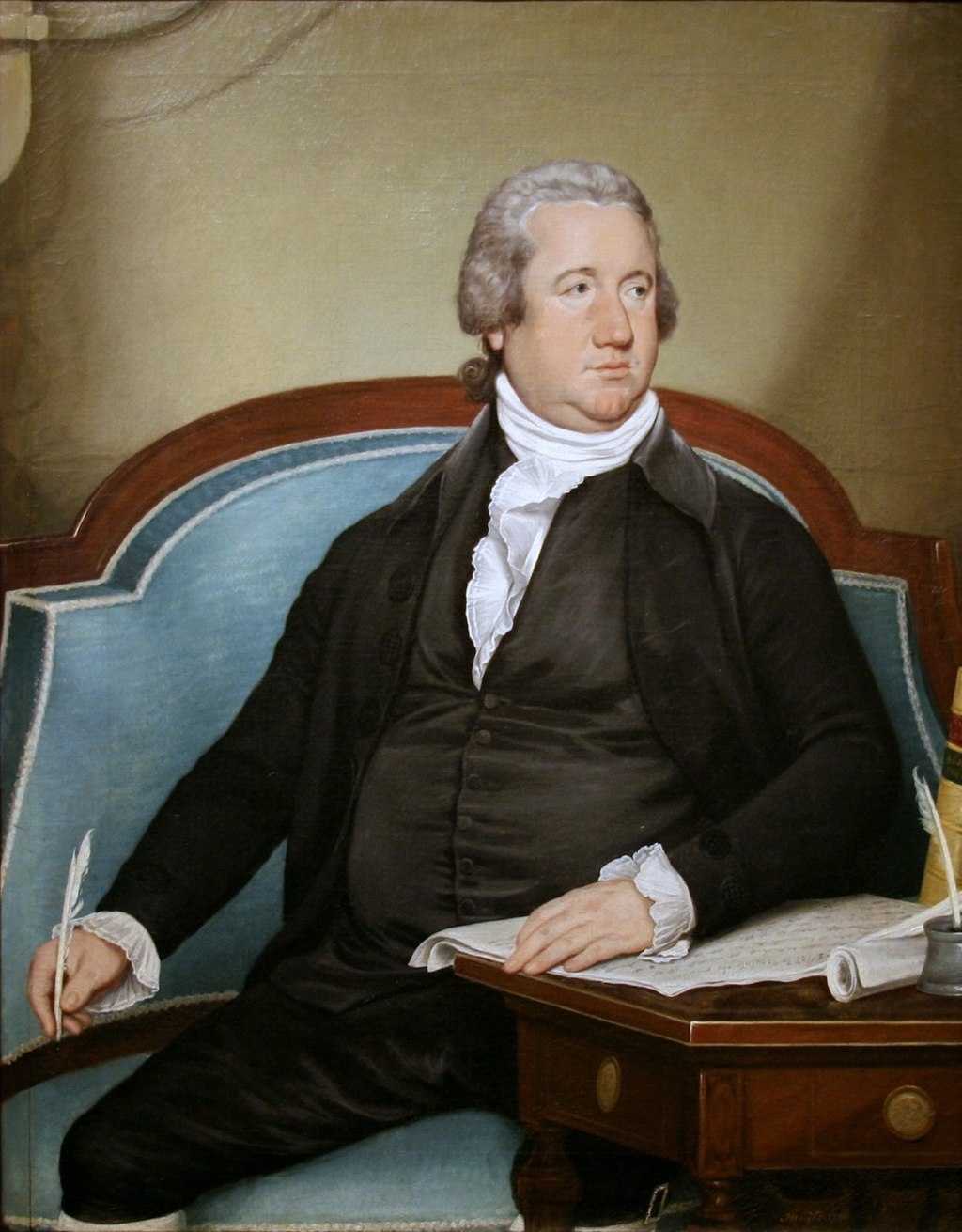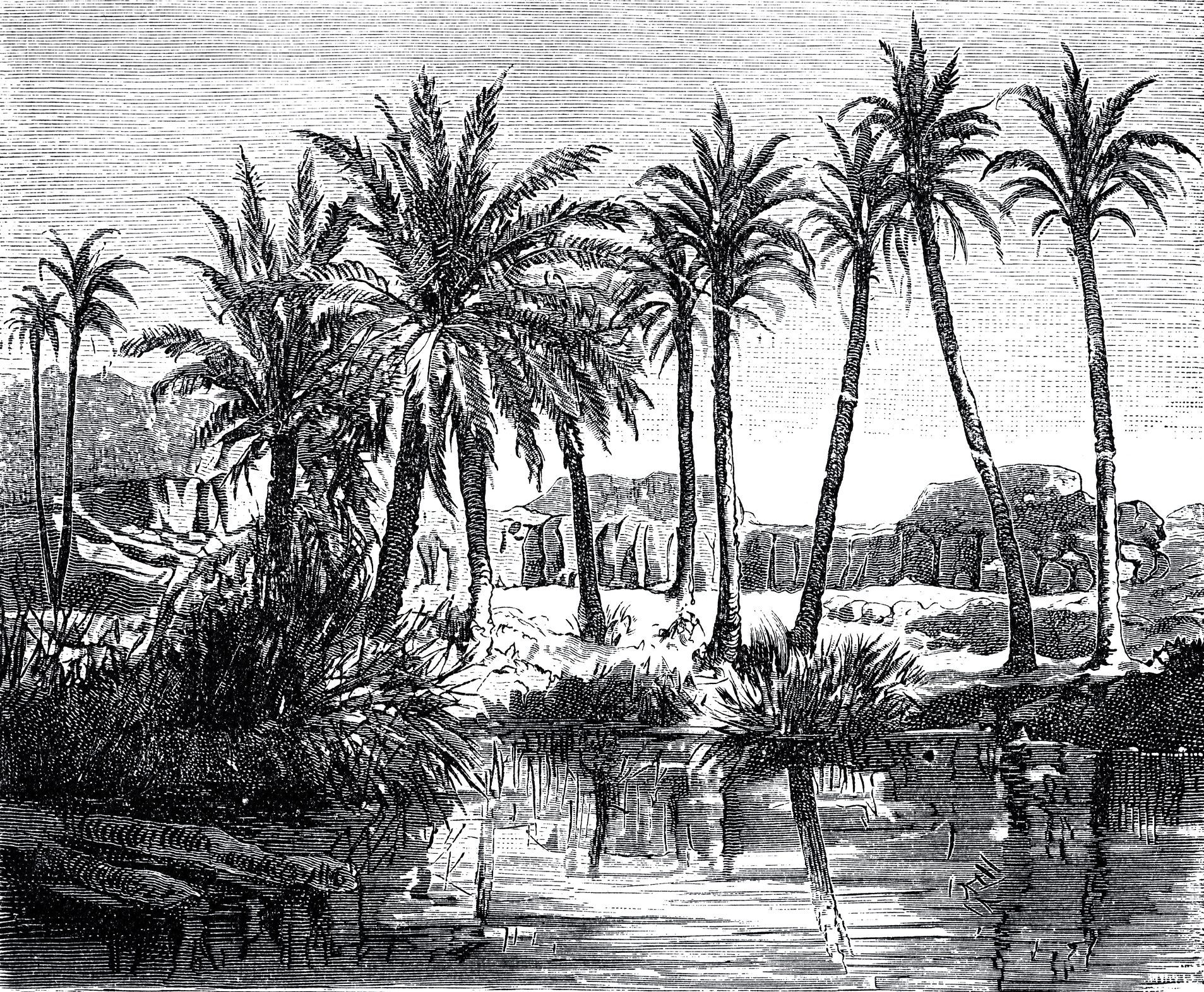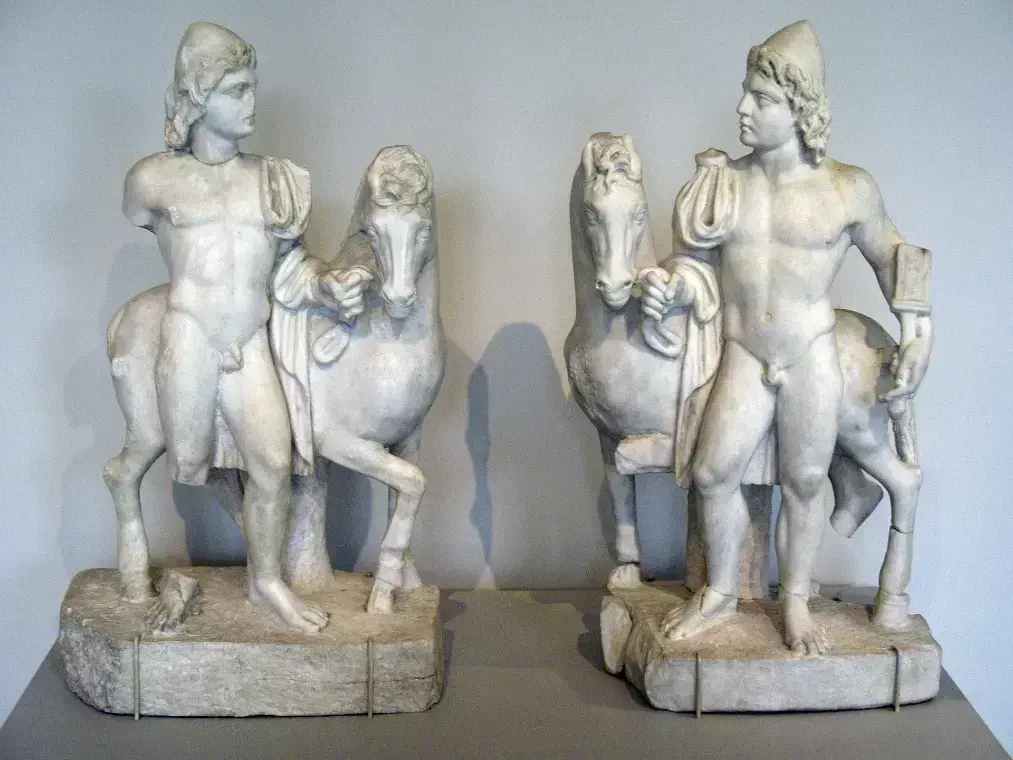Muhlenberg legend

The Muhlenberg legend is a well-known urban myth in both the United States and Germany. It claims that Frederick Muhlenberg, the first Speaker of the U.S. House of Representatives, cast the deciding vote against making German an official language of the United States. While the story has circulated in various forms for generations—and may contain elements rooted in real events—it is not historically accurate.
In reality, the United States has never had a statutory official language. English has served as the de facto language due to its dominance in public life. It was formally declared the language of the federal executive branch only recently, through an executive order issued on March 1, 2025. Meanwhile, individual states have sometimes enacted their own official language laws.
The origins of the legend may trace back to a 1794 petition by German-speaking immigrants requesting the translation of federal laws into German. The request was discussed in the House of Representatives but ultimately not pursued. A motion to adjourn and reconsider the petition was narrowly defeated, 42 to 41. Muhlenberg, himself of German heritage, did not vote but was later quoted as saying, “The faster the Germans become Americans, the better it will be.”
Another version of the legend appears in the writings of Franz von Löher, a German traveler who published a book in 1847 titled Geschichte und Zustände der Deutschen in Amerika (History and Conditions of the Germans in America). Löher claimed the decisive vote occurred not in the U.S. Congress but in Pennsylvania’s state legislature, where German nearly became the official state language.
Confusion may have stemmed from the fact that Philadelphia was both the seat of the U.S. Congress at the time and the capital of Pennsylvania. Muhlenberg had served as Speaker in both the state and federal legislatures, adding to the mix-up.
According to Löher’s account, the vote was tied until Muhlenberg cast the deciding vote in favor of English.
Although historians have repeatedly debunked the story—especially in a series of articles published from the 1920s through the 1950s—the tale has persisted. By the late 1940s, it was widely known as the "Muhlenberg Legend," and despite ample evidence disproving it, the myth continues to circulate to this day.


